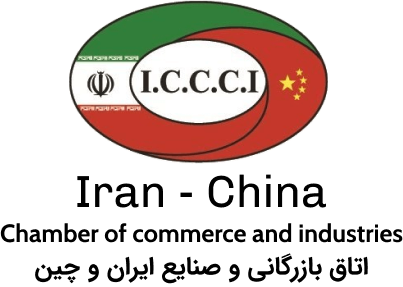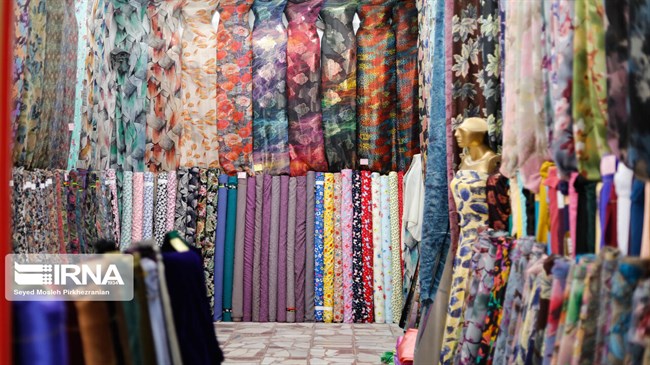By receiving support from banks and the Ministry of Industries, Mine and Trade, Iran’s textile industry can increase the export of products, said the head of the Fabrics and Textile Wholesalers and Retailers Union of Tehran.
In an exclusive interview with Iran Daily, Mohammad Valadkhani said that about 50 percent of the needs of the Iranian market of textile products are met by domestic factories.

Emphasizing the need to equip unions with modern technology, he said, “The most successful countries have updated themselves with developing technology.”
Pointing to his union’s need to use modern methods of business, Valdkhani added, “Unfortunately, most of the traders and sellers of fabrics are working in traditional ways, which creates many problems for themselves and the customers.”
Pointing to the need for unions to have a comprehensive official website, he said, “We need to launch this comprehensive website so that our customers can purchase original and legally-imported fabrics, with no concerns.”
The country’s fabric and textile wholesalers and retailers made all of their efforts to minimize the effects of sanctions imposed by the U.S., Valadkhani said.
The union head urged more support from the Iranian National Tax Administration, saying that under the coronavirus pandemic, the Fabrics and Textile Wholesalers and Retailers Union of Tehran needs tax exemptions and facilities in order to face no obstacles in offering its services to customers.
He put the annual demand of the country for fabrics at 80-90 million square meters, of which only 25 percent enters the country legally.
“At present, a large amount of this product is imported illegally, from smuggled sources, which would be legally imported in case of facilitating legal imports, including tax exemptions, or reducing the import tariffs,” the union head said.
He said most of Iran’s black chador (a full-body piece of black fabric used by some Muslim women to cover their bodies while leaving the face uncovered) is imported from Japan, China and South Korea.
Valadkhani added, “Considering that the black chador is an irreplaceable commodity, and has its roots in the culture of Islamic Iran, managing the production and distribution of this product is of great importance.”
The import tariff on black chador witnessed a 450% rise in 2015, jumping from 10 percent to 32 percent.
“Black chador is considered a cultural product and should be included on the list of cultural goods and receive the facilities of this group,” the union head noted.
Iran is the biggest importer of black chador (fabric), with around $100-120 million worth of purchases per year.
“We had meetings with Iran’s Headquarters for Combating Commodity and Foreign Exchange and the Ministry of Industry, Mine and Trade,” he said, adding that to prevent fabric smuggling, government support is extremely important.
The Fabrics and Textile Wholesalers and Retailers Union of Tehran was established in 1972. The union is currently one of the largest unions in the country, with 5,000 members.
As a legal body, and through its commissions, the union takes steps to prevent, solve the problems of, and support its members.





